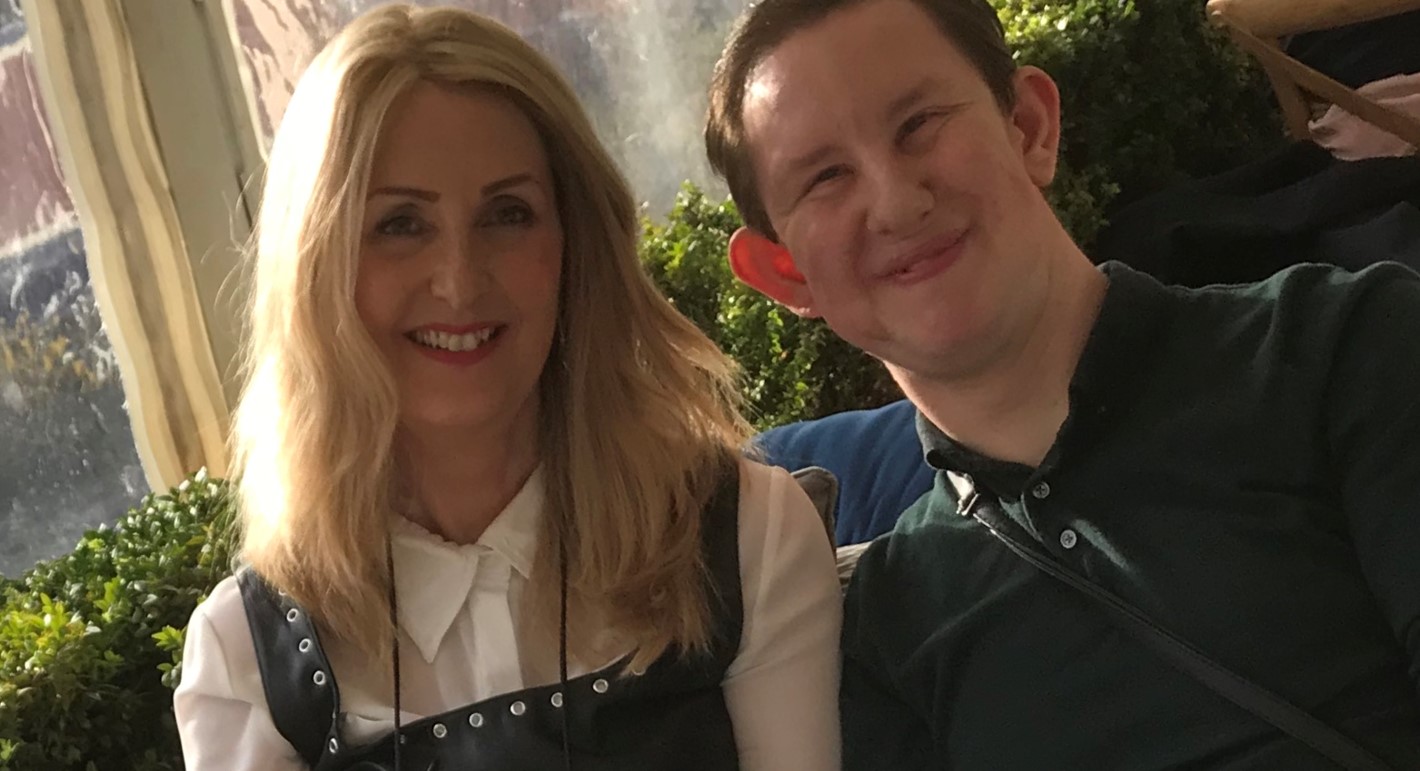Social skills in Lowe Syndrome
In order to interact with another person, an individual needs to be motivated to start an interaction, have the skills to engage another person, be able to maintain the interaction, think about the person’s intentions and interests and end the interaction at an appropriate time.
There are a number of subtle social skills that help to streamline social interaction, such as maintaining an appropriate level of eye contact, using gestures to supplement the interaction or using pointing, giving or showing to share attention with others.
There is little research looking into the social skills of individuals with Lowe syndrome specifically, but parents of children with Lowe syndrome report that they enjoy social interaction and are friendly, but often have issues interpreting social cues or social situations, and so sometimes struggle to react appropriately. This means they can come across as ‘socially awkward’. This may mean that people with Lowe syndrome are motivated to engage in social interaction, but struggle with the perspective-taking required to maintain interaction. More research is needed to confirm these suggestions.
One of the three core characteristics of Autism Spectrum Disorder (ASD) is poor or unusual social interaction skills. These social interaction skills include conversational skills (e.g. greetings, awareness of personal space, verbal turn-taking), play skills (e.g. sharing, compromising, coping with losing or ‘no’, reciprocal play), understanding emotions (e.g. reading facial expression, tone of voice and body language, self-regulation skills), dealing with conflict (e.g. anger management and self-regulation skills, being assertive but not aggressive, ability to ask for help) and friendship skills (e.g. knowing what a friend is, knowing the difference between real and false friends, sharing friends).
Given the high prevalence of ASD characteristics in Lowe syndrome, the frequency of social skill deficits in individuals with intellectual disability and the lack of research on social skills in Lowe syndrome specifically, a description of social behaviour in people with ASD characteristics and intellectual disability, in general, has been provided below as this may be of use to some families.
Frequently identified problem areas in ASD include:
-impairments in social pragmatics (turn-taking in conversation and the ability to take the listener’s perspective)
-poor speech prosody (using inflection and pitch to aid verbal communication)
-a tendency to dwell on certain topics (such as one of their preferred topics)
-difficulty understanding and expressing emotions
-difficulty interpreting non-literal language (such as sarcasm, metaphor and exaggeration). A person with ASD may take the phrase ‘it’s raining cats and dogs’ literally.
Research has also shown an association between social skills and challenging behaviour in individuals with intellectual disability. It was found that individuals displaying more behaviours that challenge exhibited a restricted range of social behaviours compared to groups showing less or no behaviours that challenge. This relationship may go in several directions: the presence of behaviours that challenge may lead to social isolation and so disrupted development of social skills, or individuals who experience difficulties with social communication may be frustrated because they cannot communicate their needs, and so engage in behaviours that challenge. It could also be a relationship in which these two factors influence each other, each making the other worse.
There are a number of theories about what causes deficits in social communication for people with intellectual disability or ASD. It is likely that no single issue is the sole cause of the deficits in social skills described, and it is important to take into consideration a number of factors when considering the causes of any behaviour.




